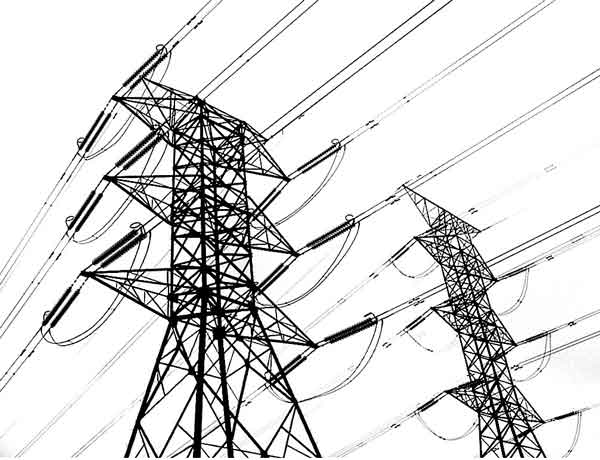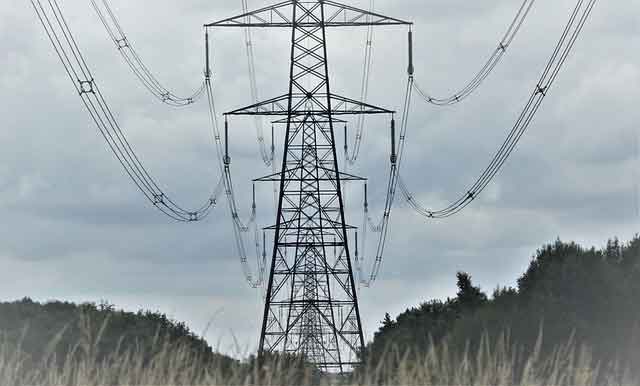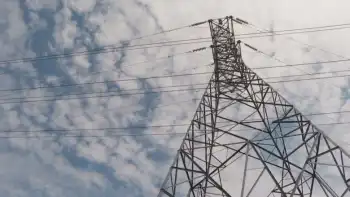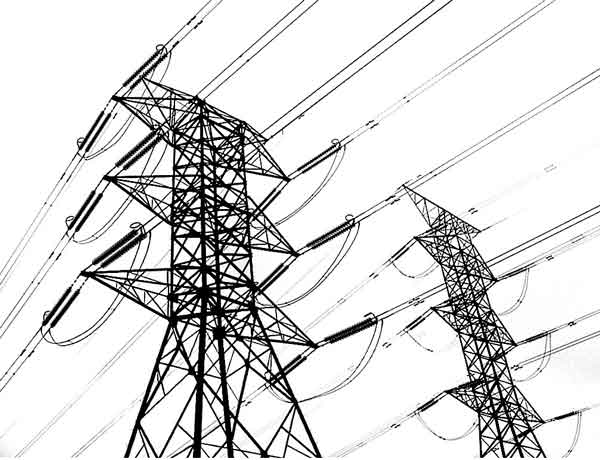Telecoms eyeing home energy management
By Seeking Alpha
Arc Flash Training - CSA Z462 Electrical Safety
Our customized live online or in‑person group training can be delivered to your staff at your location.

- Live Online
- 6 hours Instructor-led
- Group Training Available
That's the word from Kevin Meagher, CEO of U.K.-based home system management company Intamac Systems Ltd. Meagher said he is in talks with "major carriers" in the U.S. interested in following the lead of foreign contemporaries like British Telecom and Bell Canada, which are rolling out services to let homeowners measure and manage how much electricity they use.
"There will be two or three (home energy management offerings) we will launch before the end of this year" with telecommunications companies in the United States, Meagher said.
Think of it as a "smart home" incentive to get people to buy telecom broadband services. Bell Canada started offering such services in 2007, though only as a limited pilot project, and Meagher said British Telecom is planning to add "environmental management" to the home monitoring and other features of its Home Hub wireless gateways made by Thomson.
The question, of course, is whether homeowners will want to pay what telecoms will want to charge to make it worth their while.
That's an essential question underlying a broad range of efforts to bring energy monitoring to homes. Utilities are installing millions of "smart meters" capable of two-way communication, and hope to link those smart meters to home devices to measure and, in some cases, control thermostats, appliances and other power suckers.
But some entrepreneurs feel utilities are moving too slowly. They want to kick-start the smart home movement by bringing energy monitoring services to customers directly, then linking them back to utility or other management platforms via broadband connections.
Lucid Design Group, for instance, is looking at selling its energy-awareness console and services — now mostly marketed to colleges and corporations — to consumers. The big question is: "Does it cost more than Netflix?" asked Lucid co-founder Michael Murray.
Another problem with skipping the utilities is that they're the ones deploying the smart meters that have the complete picture of a home's energy usage, he said. Without that, homeowners would have to gain access to a home's circuit panel, or attach energy sensors to every outlet and appliance — not a cheap or easy prospect.
And without utilities involved, customers might not be able to get the utility incentives and pricing plans that make energy saving worth the effort, said Edward Drew, national utility market director for KORE Telematics.
"From a technology perspective, broadband is fantastic," he said. But "The only way you can really get this to a meaningful deployment is if you align it with some type of incentives for energy saving - and those will most likely come from energy providers themselves."
That's not to say that telecommunications companies aren't interested in getting a piece of the "smart grid" action, he said.
AT&T (T) said it will work with smart meter networking company SmartSynch to use AT&T's wireless network as a communications platform for residential smart meters - something the two companies have been doing for commercial and industrial smart meters for some time.
KORE Telematics itself is using AT&T's cellular networks to link what will eventually be about 800,000 smart meters being installed by utility Arizona Public Service, and Verizon is involved with utility Duke Energy in a trial of using its wireless network for smart meter communications, Drew said.
But whether or not those and other U.S. telecommunication giants will seek to leap in front of utilities to get energy management into customers' homes will depend on whether they can find a business model that works, said John Quealy, managing director of equity research for Canaccord Adams.
"The technology's there," he said. "It's all a matter of price points."
One example might be home automation system maker Control4, which is working with smart grid software developer Gridpoint to link homes with utilities.
But Control4's home automation systems cost $500 and up to install - meaning that it's likely they'll be adopted mostly by wealthier and more eco-concious homeowners. (Both may apply to many homeowners in Boulder, Colo., where the company is involved in utility Xcel Energy's SmartGridCity smart grid pilot project).
Installing your own energy monitoring systems doesn't have to be that expensive, Intamac's Meagher said. His company helps manage home energy monitoring devices that retail for about $60 that have been installed in about 400,000 homes, he said.
Still, most of those have been installed in partnership with utilities, some of which have given them to homeowners for free in an effort to get them to cut down on energy use, he noted.
Another potential drawback to working around the utilities, Quealy noted, is the fact that they still control the best and most complete data on customers' energy usage - including the price of the energy they're using.
"This is still the utility's data," he said - though several companies involved in developing home energy management products and services - including recent entrant Google Inc. - want to see utilities open that data to third parties











